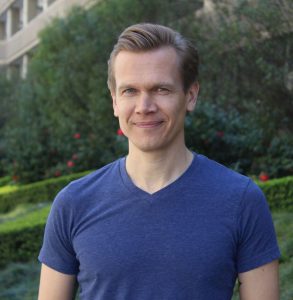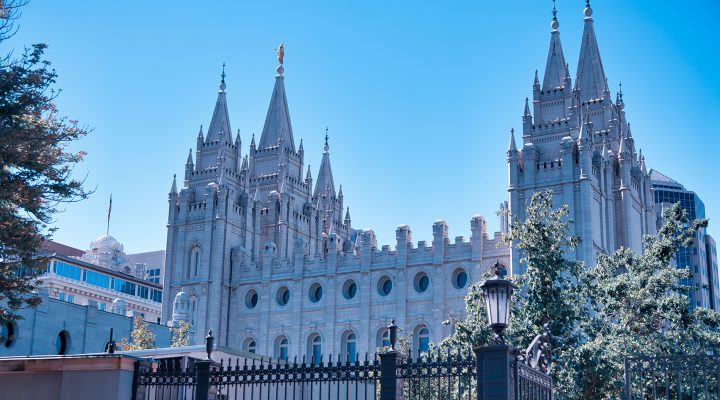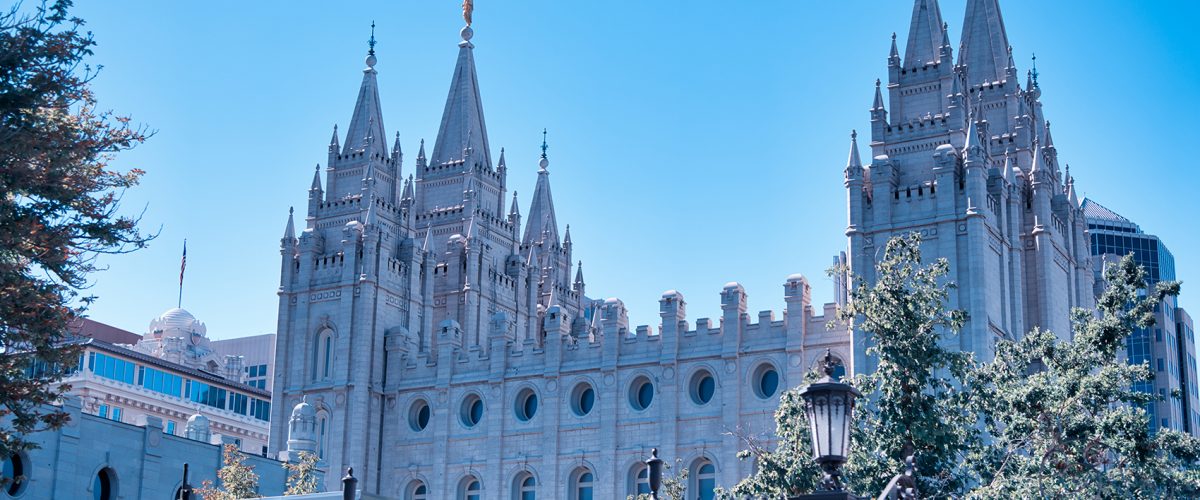A consequential three-year-old lawsuit accusing The Church of Jesus Christ of Latter-day Saints of defrauding members by misusing their tithes to fund a real estate development instead of charity will be decided by a panel of judges in the 9th Circuit Court of Appeals in June.
“It is hard to imagine a greater threat to religious liberty,” argued church attorneys. Ten religious groups — including two Baptist organizations — are backing the LDS church in the case, according to an amicus brief.
The case has significant implications for nonprofit fundraising and has generated intense debate, speculation and media coverage, including a 60 Minutes segment last year and coverage by the church-owned Deseret News.

James Huntsman
James Huntsman was a loyal lifelong member of the LDS church and is the brother of Jon Huntsman, a former Utah governor and U.S. presidential candidate. James Huntsman donated recommended tithes of 10% of his income for years.
Huntsman’s 2021 suit says he “relied on false and misleading statements by the Church that tithing money was not used to finance commercial projects, when in fact the Church used tithing money to finance a shopping mall development and to bail out a troubled for-profit life insurance company owned by the Church.”
Huntsman filed his suit after learning of a 2019 whistleblower complaint from a portfolio manager at Ensign Peak Advisors, a company set up by the LDS church to redevelop a shopping mall across the street from the church’s headquarters and temple. City Creek Mall cost nearly $1.5 billion to redevelop.
The suit says the LDS church used members’ tithes to fund the project despite the fact that church leaders falsely and repeatedly promised that wouldn’t happen. Huntsman is asking the church to return his donations, which totaled $2,621,562.
The LDS church makes a number of arguments:
- That its decisions related to tithing funds are protected by the First Amendment and that “there is no sacred ground left under the First Amendment for religious organizations” if courts can weigh in on these matters.
- That its practice of investing tithes in money-making ventures is consistent with nonprofit industry standards and best practices.
- The result of a loss “will be less transparency in fundraising, not more.”
The church also warns of devastating consequences for religious nonprofits if Huntsman wins the case, claiming copy-cat lawsuits could force nonprofits of all kinds to stop fundraising and close down.
“Any disillusioned former adherent who finds his way to the 9th Circuit can sue for a refund and attempt to get civil authorities to label their former church a liar,” said church attorneys.
Last fall, the church gained the support of 10 “other faiths” that say the suit threatens all religious denominations with “a deluge of dubious lawsuits over their use of donated funds.” The groups are:
- Agudath Israel of America
- The Christian and Missionary Alliance
- The Ethics and Religious Liberty Commission of the Southern Baptist Convention
- The California Southern Baptist Convention
- The General Conference of Seventh-day Adventists
- The General Council on Finance and Administration of The United Methodist Church
- The International Church of the Foursquare Gospel
- The Jewish Coalition for Religious Liberty.
- The Lutheran Church-Missouri Synod.
- The Union of Orthodox Jewish Congregations of America.
The LDS church says the above groups represent 24 million Americans of faith who take different approaches to tithing.
The groups are concerned about an earlier court decision in the case that said the issues at stake are secular ones of how funds are used, not religious issues subject to First Amendment protections.
“Under the panel’s logic, every religious dispute can be recharacterized as secular, gutting constitutional protections for religious entities and societies,” said the amicus brief from the religious groups. “The Supreme Court has consistently refused to allow courts to hide theological elephants in secular mouseholes.”
The groups say the case is a religious dispute the court has no right to settle.
The case has seen back-and-forth rulings and appeals that will be settled in June in Seattle.
The LDS Church has requested the court to seal portions of the opinion that include “confidential and competitively sensitive business and financial information relating to the operation of the Church and its affiliated commercial entities.”
Last August, the Salt Lake Tribune reported on the vast wealth of the LDS Church through its main investment fund managed by Ensign Peak Advisors. As of that writing, the investment fund stood at about $49.3 billion, including a stake in Apple now worth $3 billion alone.
These investments do not include the church’s real estate holdings across the world.
In 2022 the watchdog group Truth and Transparency reported the LDS Church ranks among the top-five private landowners in the nation: “In July 2020, the LDS Church owned 1,754,633 acres across the country with a minimum market value of $15.7 billion. 15,963 parcels across the country have been linked to the Church through public records. Roughly 50 percent of the parcels consist of agricultural zoning. The other half is primarily made up of commercial or religious zoning.”


